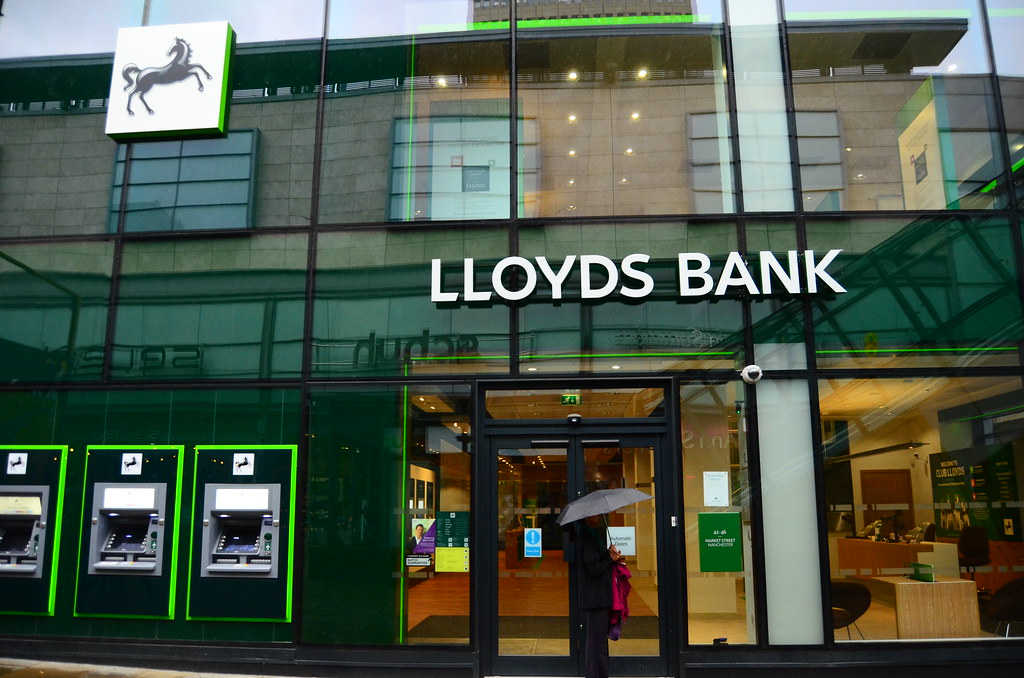The number of savings providers and product choice on the market reached respective record highs in August, Moneyfacts has revealed.
The firm’s latest UK Savings Trends Treasury Report found that product choice for UK consumers increased to a record high of 2,274 savings deals, including ISAs.
The number of cash ISAs available to consumers jumped to 648 deals in August, another record high and its seventh consecutive monthly rise.
In terms of savings rates, Moneyfacts revealed that average fixed bond and ISA rates now all sit below 4% for the first time since April 2023.
The average easy access savings rate remained at 2.68% month-on-month, which is still its lowest level since July 2023, where average rates stood at 2.41%. Meanwhile, the average easy access ISA rate dropped to 2.90%, which is the lowest rate since August 2023.
The average notice rate and ISA notice rate remained unchanged at 3.62% and 3.49% respectively. These rates are at their lowest level since July 2023.
Furthermore, average fixed bond and ISA rates, both one-year and longer-term, are all now below 4% for the first time since April 2023. However, inflation is expected to rise to 4% in September.
The average one-year fixed bond rate now sits at 3.99%, while the average one-year ISA rate remained unchanged at 3.95% in August.
The average longer-term fixed rate dropped to 3.88% in August, which is the lowest rate since April 2023, while the average longer-term fixed ISA rate increased for the first time since April 2025 to 3.84%.
Finance expert at Moneyfacts, Rachel Springall, said the increase in savings product choice has been driven by an increase in the number of new challenger banks entering the market.
She added: "The lack of any significant moves to variable rates during July suggests perhaps a stalling approach from providers, which may well be expected. Murmurs circulated by economists for a cut to the Bank of England base rate, and this came to fruition earlier this month.
"It will be interesting to see whether more cash will be locked away in the coming months, particularly if savers rush to beat inflation which is expected to climb to 4% in September."
Latest News
-
Consumer finance lending totals £122bn in 2025
-
Metro Bank hits record growth in corporate and commercial lending
-
Intermediary confidence softens slightly in Q4 – IMLA
-
Record flows drive Quilter’s AUMA to £141bn
-
46% of IFAs in a network generate first commission in four weeks
-
Three fifths of cash ISA holders expect to not use full allowance
Mortgage Advice Bureau and AI in the mortgage sector
Chief executive officer at Mortgage Advice Bureau, Peter Brodnicki, and founder and managing director at Heron Financial, Matt Coulson, joined content editor Dan McGrath to discuss how Mortgage Advice Bureau is using artificial intelligence to make advancements in the mortgage industry, the limitations of this technology and what 2026 will hold for the market
Perenna and the long-term fixed mortgage market

Content editor, Dan McGrath, spoke to head of product, proposition and distribution at Perenna, John Davison, to explore the long-term fixed mortgage market, the role that Perenna plays in this sector and the impact of the recent Autumn Budget
NEW BUILD IN FOCUS - NEW EPISODE OF THE MORTGAGE INSIDER PODCAST, OUT NOW

Figures from the National House-Building Council saw Q1 2025 register a 36% increase in new homes built across the UK compared with the same period last year, representing a striking development for the first-time buyer market. But with the higher cost of building, ongoing planning challenges and new and changing regulations, how sustainable is this growth? And what does it mean for brokers?
Does the North-South divide still exist in the UK housing market?

What do the most expensive parts of the country reveal about shifting demand? And why is the Manchester housing market now outperforming many southern counterparts?
In this episode of the Barclays Mortgage Insider Podcast, host Phil Spencer is joined by Lucian Cook, Head of Research at Savills, and Ross Jones, founder of Home Financial and Evolve Commercial Finance, to explore how regional trends are redefining the UK housing, mortgage and buy-to-let markets.
In this episode of the Barclays Mortgage Insider Podcast, host Phil Spencer is joined by Lucian Cook, Head of Research at Savills, and Ross Jones, founder of Home Financial and Evolve Commercial Finance, to explore how regional trends are redefining the UK housing, mortgage and buy-to-let markets.
© 2019 Perspective Publishing Privacy & Cookies










Recent Stories